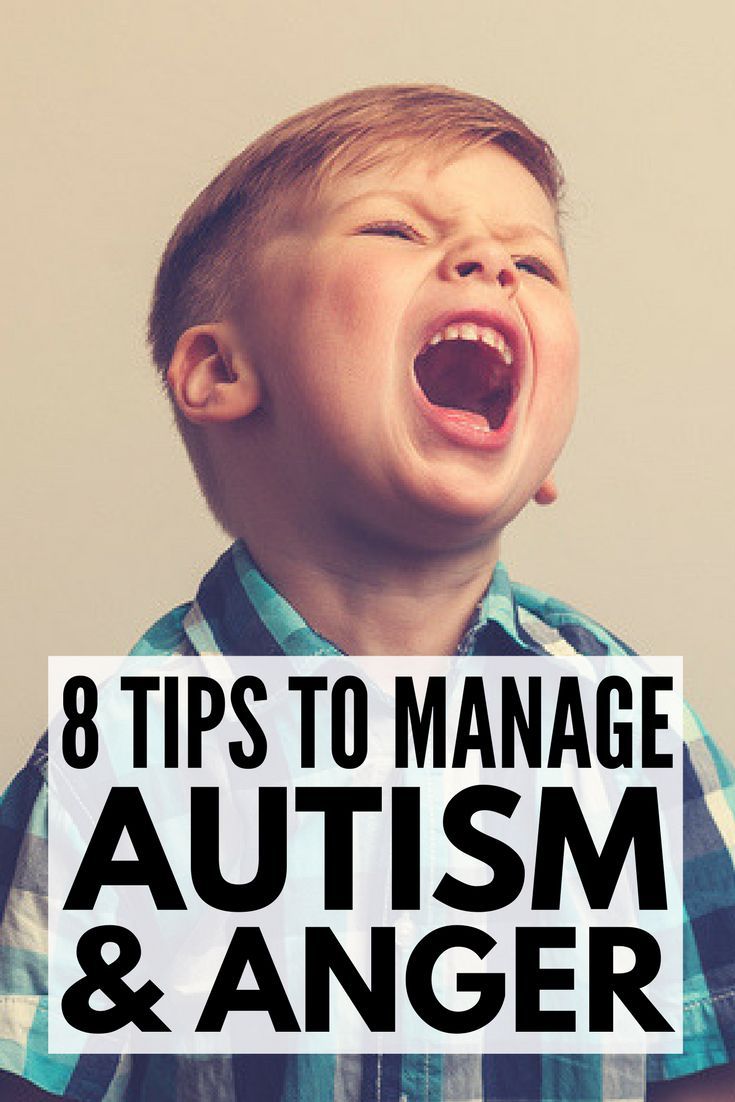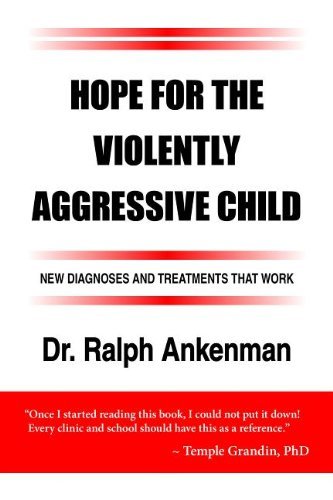

Is there a co-occurring mental health condition that might explain the problem(s)?.Has there been reinforcement of the behavior in the past?.

Sensory dysregulation: Is there too much or too little stimulus?.Are cognitive or social demands too high or too low?.Does the individual not have ability to communicate their wants or needs?.Is this a medical problem-is the individual in pain or other distress?.This can be a very powerful tool in addressing and reducing meltdowns over the long term.

While sometimes compared to and described as “tantrums”, these meltdown outbursts are typically not goal-directed as most tantrums are in non-affected individuals.įor those with ASD, it is always important to consider what may be causing a meltdown- parents and caregivers can and should be tasked with being “detectives” in figuring out possible causal factors. Most aggressive and agitated episodes in the ASD population are best conceptualized as “meltdowns” which are a typically a reaction to either an overwhelming intense sensory experience or an unanticipated external frustration. Helping families and caregivers better understand both the causes of these incidents and the course of such outbursts can aid in reducing and preventing aggressive behaviors and may lead to helpful intervention strategies when they do occur. Particularly for those more significantly affected, the issue of agitated and aggressive outbursts is often a major concern, though even in those with less significant symptom profiles, affectively charged outbursts may occur. With autism currently affecting nearly 2 in every 100 people to some degree or another, most healthcare providers will be treating individuals with Autism Spectrum Disorder (ASD) at some point in time.


 0 kommentar(er)
0 kommentar(er)
